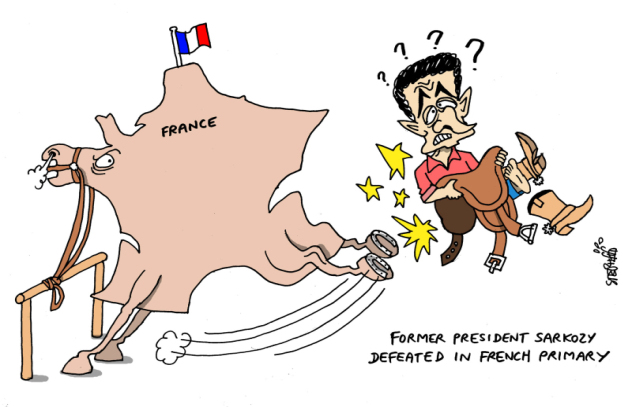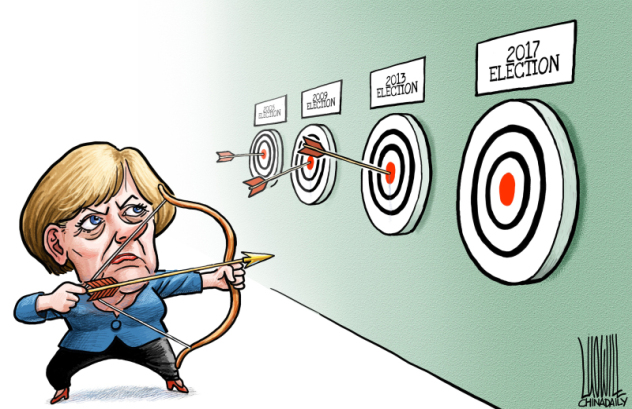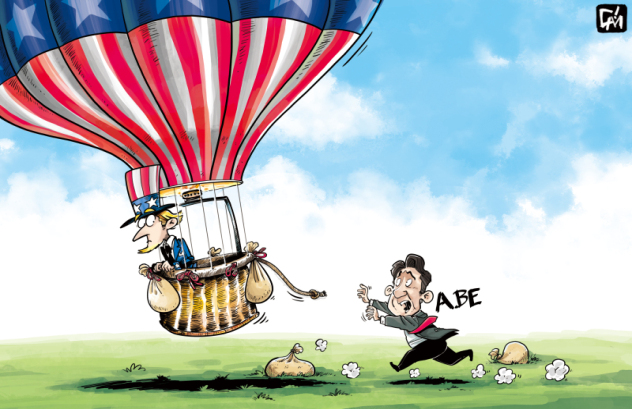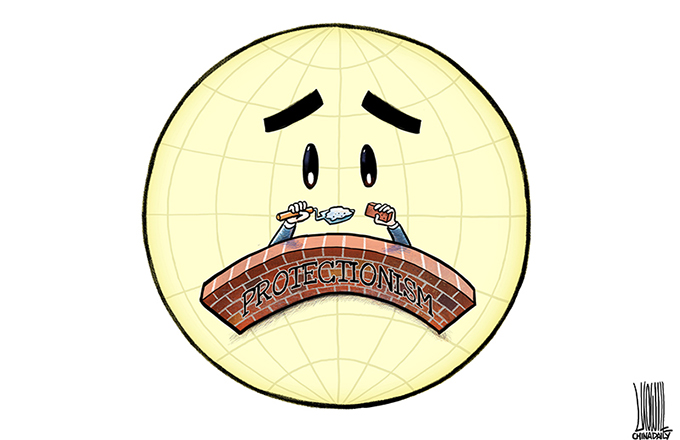Should Britain's charity begin at home?
The commission focused its criticism on the manner in which the department had wound down its aid program to countries such as China and its failure to explain fully to the public that some expenditure was continuing. It quoted Chinese government officials and some of the aid department's own local staff as saying the transition was too quick, with only nine months between the formal announcement of the end of bilateral aid and the closure of programs.
The watchdog gave no explanation for the department's seeming reticence about the continuing aid. It noted, however, that the original announcement of program closures followed "sharp criticism in parts of the UK media of providing aid to countries that were increasingly important economic powers in their own right".
The commission report echoed the view expressed last year by Parliament's International Development Committee that the government needed to stand up for its policy of continued cooperation with countries such as China rather than handing ammunition to its critics by not explaining its perfectly legitimate activities.
Successive UK governments have pledged to spend 0.7 percent of the national wealth on international aid, about twice the level of its partners in the Group of Seven rich economies. But for every politician who believes it is money well spent in terms of wielding Britain's soft power, there is another who believes the money is wasted.
Aside from critics who repeat the mantra that "charity begins at home", there are those who argue that aid to the poorest countries does not improve the lot of the "have-nots" but merely enriches the "haves".
Outside the traditional circle of Western donors, China is the biggest provider of foreign aid. However, Beijing's philosophy is to regard less-fortunate developing countries as business partners rather than aid recipients. That means much of Chinese aid is in the nontraditional form of export credits, preferential trade arrangements and government support for Chinese companies investing in developing countries.
While the watchdog report suggests China appreciates the continued assistance it receives from Britain in advancing its own donor strategy, maybe there is an opportunity for China to offer some advice of its own.
The writer is a senior media consultant for China Daily UK.




















